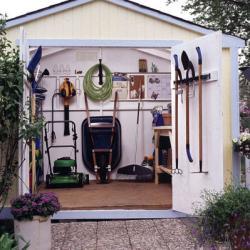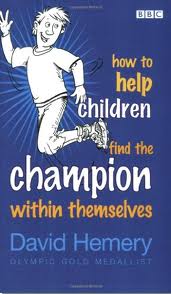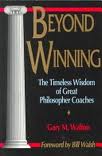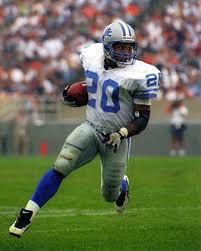Dealing with Competition Stress
Leave a CommentCompetitive Sport is Stressful…
But how many Coaches help the athlete learn how to deal with this stress? Getting them tactically, technically and physically prepared is only part of the job; getting them to put this into practice when it is needed most- under pressure- is tricky.
Some of the things I have found to work both as an athlete and when working with developmental athletes are highlighted below.
Perception is key
How an athlete views a stressor (the event, person, or situation that causes the stress) is critical to how they respond. Things will happen in competition that you may not have ever experienced before.The higher the level of play, the more likely it is that you will lose. If you are accustmed to beating lesser opposition, meeting someone your own level or better is a big shock.
Concentrating on those things within your control keeps you focussed on what is important/ It helps reduce anxiety and help improve performance.
Things within your control include: concentration; physical and mental effort; physical fitness.
Concentrating on those things outside of your control distracts you from what is important, can increase anxiety and lead to a drop in performance.
Things outside of your control include: the weather; opponents skill level; opponents tactics; the crowd; travel delays.
Try these 2 exercises to help you practice what might seem obvious. But if you don’t practice, you migth come unstuck.
Exercise 1
List all areas of performance that are within your control. Include physical, technical, tactical and psychological aspects of your performance.
- These should be the focus of attention in training and in competition.
- It is important to link these to process and performance goals.
- Concentrating on the controllable factors will lead to an increase in performance levels. For example “ I need to win this point to retain my seed” is an uncontrollable outcome – your opponent and the umpire both have an influence. “ I will relax and concentrate on my ball toss to ensure a good first serve” is a controllable performance factor. A good first serve will put your opponent under pressure, and is more likely to lead to a successful outcome.
Exercise 2
List a set of situations where the outcome is important. List a series of thoughts that will help you concentrate on those things within your control (from exercise 1) that will improve your performance.
Practice using these thoughts in simulated training. (see distraction training).
Try to make these a part of your weekly practice at least.


 One of my projects this summer has been to sort out the Tools in my Coaching toolbox.
One of my projects this summer has been to sort out the Tools in my Coaching toolbox. I am sorting out warm ups, strength exercises, power exercises, flexibility work, work capacity drills, speed sessions, agility progressions and coaching concepts into a system that I can access all of them more clearly.
I am sorting out warm ups, strength exercises, power exercises, flexibility work, work capacity drills, speed sessions, agility progressions and coaching concepts into a system that I can access all of them more clearly. I think that coaching is like a knife and has to be kept sharp.
I think that coaching is like a knife and has to be kept sharp. “How to help Children find the Champion within themselves”. David Hemery
“How to help Children find the Champion within themselves”. David Hemery Beyond Winning: The timeless wisdom of great philosopher coaches. Gary Walton
Beyond Winning: The timeless wisdom of great philosopher coaches. Gary Walton This isn’t a textbook: A somewhat intemperate look at sport, teaching, Coaching and life. Kelvin Giles
This isn’t a textbook: A somewhat intemperate look at sport, teaching, Coaching and life. Kelvin Giles “Don’t let the music die within you.” Wayne Bennett
“Don’t let the music die within you.” Wayne Bennett Last year we mentioned that very experienced coach
Last year we mentioned that very experienced coach 